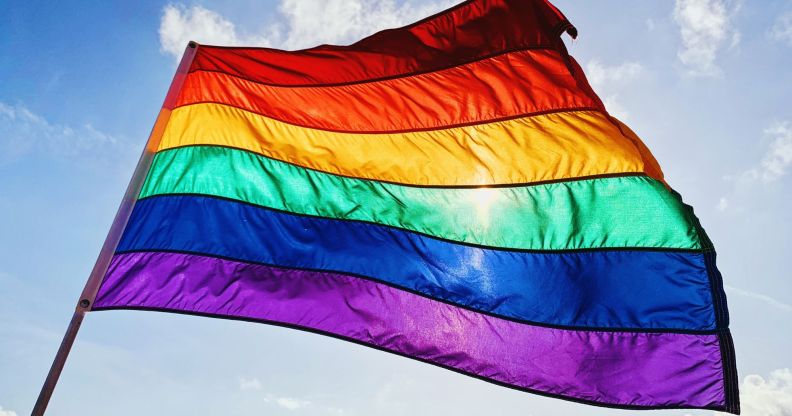Google searches for ‘Am I gay’ or ‘Am I lesbian’ increase 1,300 per cent since 2004

Google searches for ‘Am I gay’ or ‘Am I lesbian’ have increased by 1,300 per cent since 2004 (Getty Images)
Google searches for 'Am I gay' or 'Am I lesbian' have increased by 1,300 per cent since 2004 (Getty Images)
Google searches in the United States for questions like “am I gay?” or “am I lesbian?” have increased by 1,300 per cent over the last two decades.
According to a study by the Cultural Currents Institute, Google searches for questions around sexual orientation and gender identity have skyrocketed since 2004, with other phrases such as “am I trans” and “how to come out” also following an upward trend in that time frame.
Across the US, the state of Utah leads with more people Googling “am I gay?”, “am I lesbian?” and “am I trans?” than any other state.
Also within the top five states Googling “am I gay?” were Iowa, Indiana, West Virginia, and New Hampshire.
“The regional differences highlighted below are significant, offering a geographical landscape of self-questioning and discovery across America,” Cultural Currents Institute said.
“One state in particular went against its branding. Utah, a state with traditionally conservative social values, surprisingly tops three out of five search term categories.
“This might indicate a significant underlying questioning of identity among its internet users, possibly driven by the conflict between personal feelings and societal expectations.”
The institute also pointed out a “poignant” search term, with “how to come out” being Googled the most in traditionally conservative areas, including Mississippi and Kentucky, which it noted “could indicate a more challenging environment for self-disclosure of identity”.
The Google study follows several other reports which have found younger generations to be far more likely to come out as LGBTQ+ than ever before.
Census data released in January found that Gen Z in England and Wales are twice as likely to be out as LGBTQ+ than the overall population, with 6.91 per cent of 16 to 24-year-olds saying they were lesbian, gay or bisexual.
LGBTQ+ charity Stonewall explained that knowing the new census data is a “wake-up call” for politicians to care for the community.
“This data will allow national and local government to tailor their services, for example, we know that LGBTQ+ people can face discrimination in care settings – this will help in commissioning of care for older LGBTQ+ people,” Stonewall said.
“Soon these generations will be the biggest section of our workforce, the people who will be consuming our media, the talent pipeline for our sports, the audience for our cultural output, the people we want to nurture as our future voters.”

